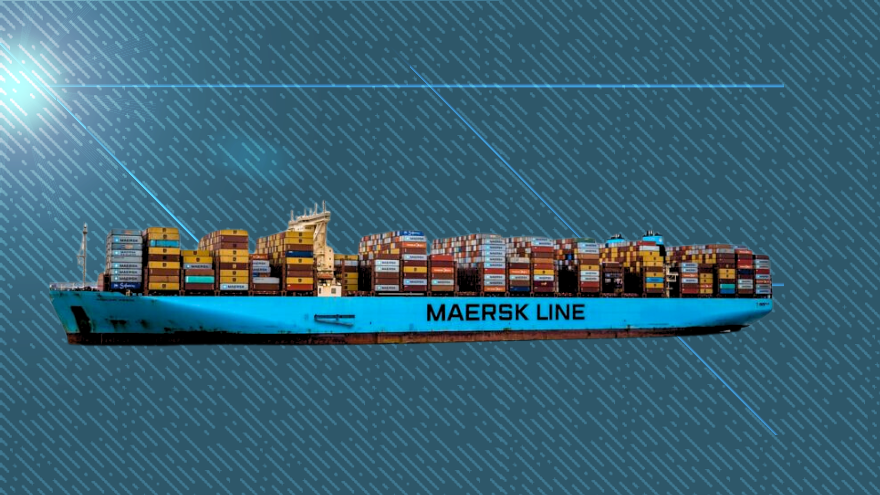Washington has spoken with Beijing multiple times over the past three months regarding the matter, according to the Financial Times, which reported on the exchanges. According to a State Department official who spoke with the Times, U.S. National Security Advisor Jake Sullivan and his deputy, Jon Finer, discussed the issue in meetings this month in Washington, D.C. with the head of the Chinese Communist Party’s international department. Houthi rebels began attacking cargo vessels traveling through the shipping corridor last year in an attempt to pressure Israel to stop its bombardment campaign on Gaza, which has resulted in the deaths of more than 25,000 Palestinians. The attacks have forced shipping companies to avoid the Red Sea, redirecting cargo vessels to travel around the southern tip of Africa. The extra distance has raised the cost of sending an ocean container from China to Europe by 114 percent over the past month. Failure to prevent Houthi attacks could lead to even higher costs, as well as supply chain disruptions. "Shipping over the ocean makes up 90 percent of global commerce so even a small change would have an impact, but we haven't seen much yet," FedEx CEO Raj Subramaniam says. U.S. officials say there is scant evidence that China has applied any pressure on Tehran to restrain the Iranian-backed Houthis, the Times reported. On Jan. 24, Chinese Foreign Ministry spokesperson Wang Wenbin expressed concern over recent tensions in the Red Sea, where an estimated 12 percent of global trade passed through. During a press conference, Wang said China is in “close communication with various parties” working to stop the Red Sea attacks. He added “the tension in the Red Sea is a spillover of the Gaza conflict” and that “the priority now is to end the fighting in Gaza as soon as possible to avoid further escalation and prevent the situation from getting out of control.” The same day, U.S. Central Command said that Houthi terrorists sent three anti-ship ballistic missiles from Yemen toward a U.S. cargo ship traveling through the Gulf of Aden. One missile fell into the water, while two other missiles were shot down by the USS Gravely. There were no injuries or ship damage reported. Though U.S. officials are downplaying the conflict in the Red Sea, some have warned the situation is far more dire than is being discussed. “The seriousness of the new US war in the Red Sea and with Yemen has been vastly understated and under-covered,” wrote journalist Glenn Greenwald. “The Houthi are doing far more damage than the US and its media acknowledges, all over Israel/Gaza.” State Department spokesperson Matthew Miller released a statement explaining that the U.S. is working with the United Kingdom to impose sanctions on four Houthi military officials who have supported the recent attacks.U.S. officials have urged China to pressure Iran into reigning in Houthi rebels attacking commercial vessels traveling in the Red Sea.
Loading...
International /
U.S. Asks China To Intervene To Stop Attacks From Houthi Rebels
Delays in resolving the crisis could lead to increased costs for goods and global supply chain disruptions

*For corrections please email [email protected]*
